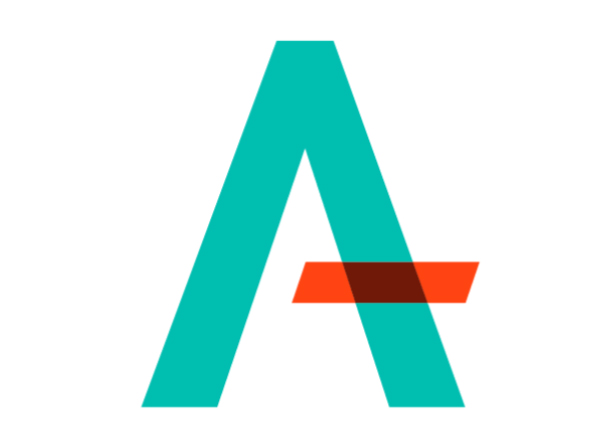Several major banks including JPMorgan, Chase, Citigroup, and Bank of America launched a team devoted to the problem of human trafficking. The group collaborated with the Manhattan district attorney's office to find the best ways to identify trafficking and implement software detecting suspicious activity. Iowa-based MetaBank also developed technology monitoring prepaid cards which can be used by traffickers as a tool to transfer funds between countries. When suspicious activity is detected, information is given to law enforcement.
Law enforcement, internet firms and financial institutions may not be able to end human trafficking on their own. However, in working together, they can disrupt traffickers' operations, rescue victims and ensure justice is served.

